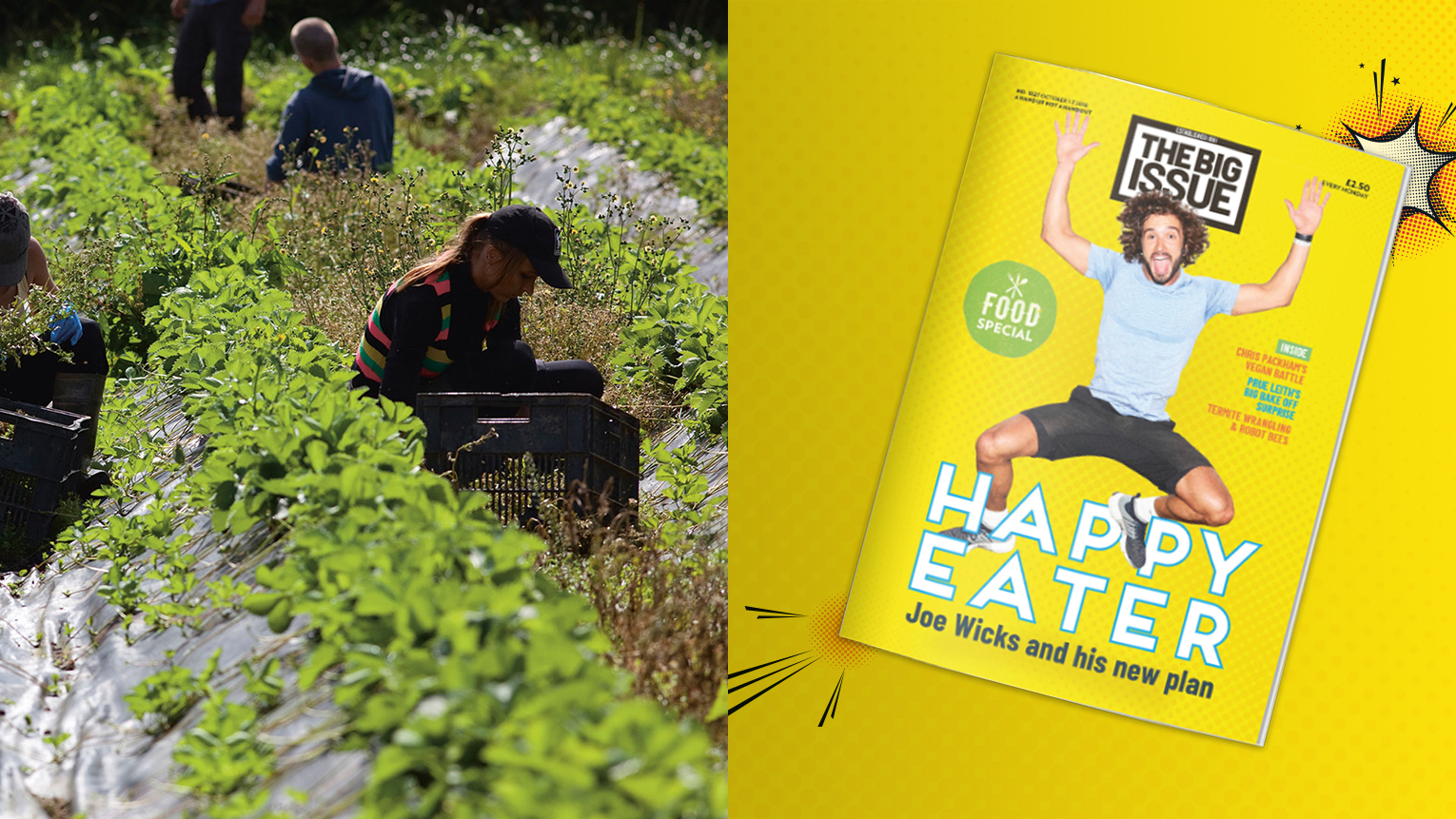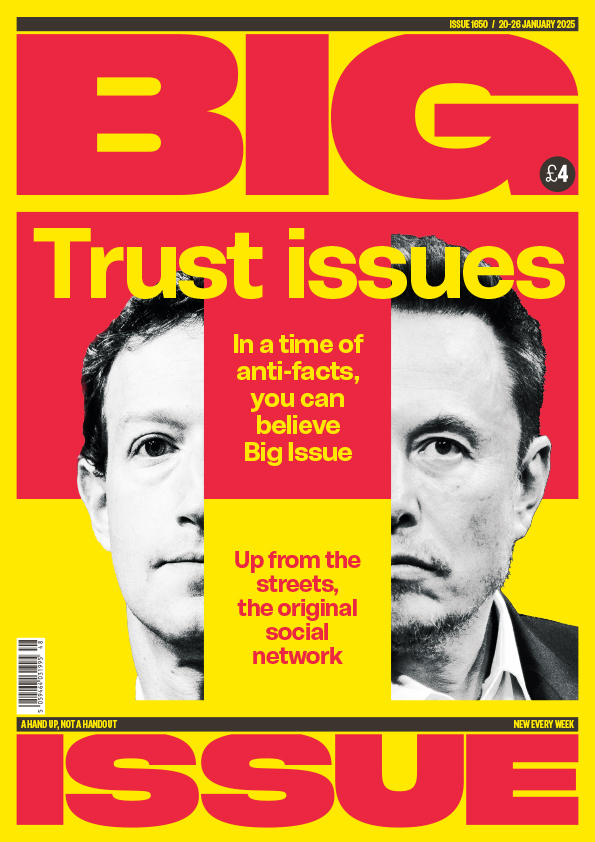Food isn’t just fuel and pleasure: food is power, too.
The UK has a rather anachronistic attitude to edibles: one in eight people regularly go hungry, yet we bin millions of tonnes of food each year. And, while it appears on the surface that there should be plenty to go around, this year foodbanks reported empty shelves and issued desperate calls for emergency supplies, with 8.4 million people struggling to afford to eat.
Experts agree that the problem has knotty roots tangled right through the system, from farm to fork. Through over-production, short shelf-life and labelling errors, the food industry wastes 1.9 million tonnes of edible food a year.
As consumers we are encouraged to be increasingly aware of how food gets to our plates. Government anti-waste campaigns, allied with recent warnings that the hot summer has hit farm produce and the Brexit-induced appointment last week of David Rutley as food supply minister, all tell us that we must shop more wisely. Still, UK households bin an estimated 7.3 million tonnes of food a year.
Change, however, is in the wind. Wrap, the UK government’s waste reduction body, announced last week it will work with supermarkets and manufacturers to halve waste in the supply chain by 2030. And supermarkets have realised that shoppers like to be given the chance to make better choices (and save money), with Lidl the latest to join big hitters including Tesco and Asda in making the use of ‘wonky’ food a positive sales pitch, and reporting success in acclimatising us to eating less-attractive, imperfect produce.
In this week’s Big Issue Food Special edition we examine crucial issues affecting the UK’s food supply. We discover what the future might hold for farmers, consumers, and manufacturers; meet the people using food for good and creating change in local communities. And we hear from Chris Packham and Joe Wicks about how our power to choose can change the world (or at least our daily dinners).










